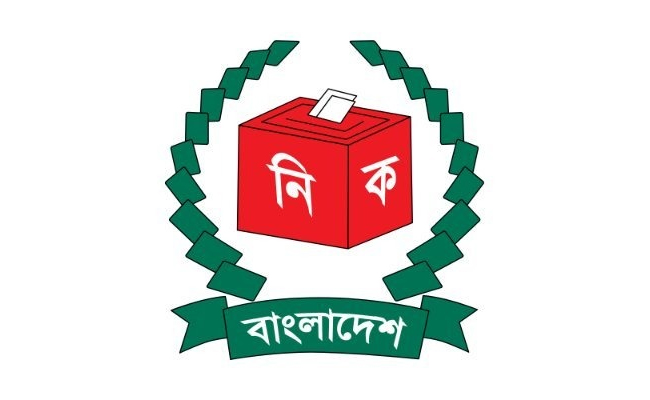Panaji, Oct 15 : Goa Chief Minister Manohar Parrikar's health has improved and doctors have advised him rest for a week, his office here said Monday.
Parrikar, 62, returned here Sunday by a special flight from New Delhi, where he underwent treatment at the All India Institute of Medical Sciences (AIIMS) for pancreatic ailment.
After landing in Goa, he was taken to his private residence at Dona Paula near here, where a team of doctors from the state-run Goa Medical College and Hospital (GMCH) have put up a make-shift medical facility.
"Chief Minister Manohar Parrikar's condition has improved further. He had a chat with his family members this morning," Rupesh Kamat, personal secretary to the chief minister, said in a statement.
"Doctors have advised him to take rest for a week," he added.
Earlier in the day, a senior official in the CMO said that the chief minister has been following the line of treatment prescribed by doctors at AIIMS.
"Parrikar is at home and is being taken care by a team of doctors from the GMCH," he said. Parrikar, ailing since mid-February, has been treated at different hospitals, including those in Goa, Mumbai and the US.
On Friday, Parrikar had met Goa BJP's core committee members and ministers from coalition partners at the AIIMS in Delhi to discuss ways to ensure that his government functions normally during his absence from office due to ill health.
Leaders of the ruling BJP and its allies, who met Parrikar separately, had ruled out any change in leadership in the coastal state.
The core committee is the BJP's key decision-making body in Goa, comprising senior leaders like Parrikar, Union minister Shripad Naik and party state chief Vinay Tendulkar, among others.
Let the Truth be known. If you read VB and like VB, please be a VB Supporter and Help us deliver the Truth to one and all.
New Delhi (PTI): With a new, stringent system to establish user identity, the number of new user IDs being added daily on the IRCTC website has declined to about 5,000 from nearly one lakh, officials said on Saturday.
Union Railway Minister Ashwini Vaishnaw noted that the crackdown by Indian Railways on train ticket booking through fake identities is yielding positive results, according to a press note.
Before the latest reforms, this number had touched nearly one lakh new user IDs per day, it said.
"Following the introduction of a stringent system to establish user identity and detect fake IDs, about 5,000 new user IDs are now being added daily on the IRCTC website," the note said.
The officials stated that these steps have already helped Indian Railways deactivate 3.03 crore fake accounts.
"Another 2.7 crore user IDs have either been temporarily suspended or identified for suspension based on the suspicious activities they are indulging in," they said.
The Union minister directed officials to ensure that the ticketing system is reformed to a level where all travellers are able to book tickets easily through a real and genuine user ID, the press note added.
Additionally, Railway Minister Ashwini Vaishnaw has directed officials to provide local cuisine of the region in Vande Bharat trains.
Introducing local cuisine that reflects the culture and tastes of the regions being traversed will significantly enhance the passenger experience, officials said.
This facility will be expanded to all the trains progressively in future, they added.




